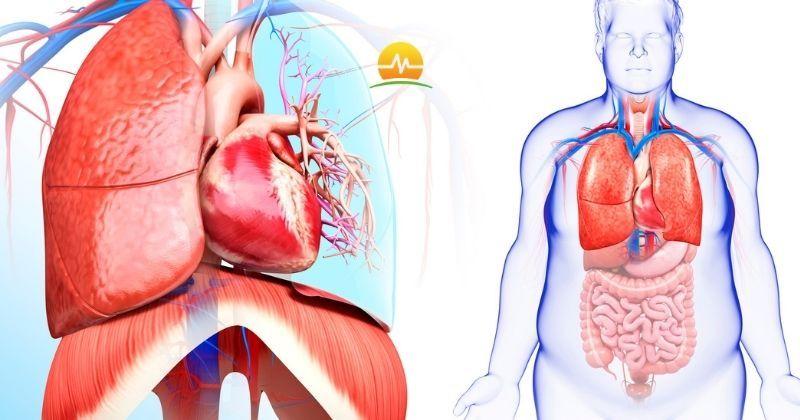
Obesity and its related diseases represent one of the modern world’s most significant public health crises. If we take the US alone, upwards of a third of the population is obese, while almost two-thirds are overweight. This widespread presence of obesity has begged the question of whether you can be obese, yet healthy. The answer is nuanced, so let’s dive right in.
First, we must talk about obesity, which represents a BMI or body mass index of 30 or higher by today’s measurement standards. The body mass index is a rudimentary calculation that doesn’t consider several factors, including muscle tone, body frame, gender, age, and ethnicity, all of which can influence whether a person is genuinely suffering from weight-related problems. However, regardless of the accuracy of the BMI, it is not unreasonable to think that somebody of average stature and frame would be at a higher risk for the diseases associated with excess weight once they cross the 30 BMI threshold.
However, our bodies all hold the weight and distribute fat differently, so waist size is often a better measure of obesity-related disease risk than BMI. It is not impossible for someone with a BMI under 30 to have a waist size that would suggest an increased risk of obesity-related diseases. So, to be frank, even measuring obesity in the first place is far from straightforward.
There’s also the risk of disease versus the actual presence of comorbidities. When we are younger, our bodies are more resilient and better able to adapt to excess weight and the strain it causes. Our hearts and lungs are more robust, our body is more adaptable, and as a result, even with the extra weight, we may not have any outward symptoms or apparent comorbidities. However, the risk is still there, and we can’t forget that it is tough to lose weight once we put it on. While there may be no negative manifestations of obesity today, and you could consider yourself healthy, this may not remain the case in the future.
The bottom line is that excess fat, especially the visceral abdominal fat that accumulates around the waistline, increases the risk of disease tremendously, and most obese people will experience adverse effects at some point in their lives. This excess weight can strain the joints, and the hormonal secretions from visceral fat can also cause inflammation that further degrades the joints around the body. Extra weight can also contribute to hypertension, high cholesterol, and type 2 diabetes, all risk factors for longer-term heart disease. Obesity can also increase the risk of certain forms of cancer.
The Bottom Line
If we are discussing whether it’s possible to be obese and healthy in the most black-and-white terms, it is possible, albeit unlikely. If we talk about the long-term ramifications of obesity, excess weight is a virtual guarantee of problems down the road. This is not to say that patients suffering from obesity should be stigmatized or scorned. This is an actual disease. It is challenging to manage, and willpower is often not enough. Our bodies are finely tuned machines, and while very adaptable, do not respond well to the long-term stresses of excess weight.









